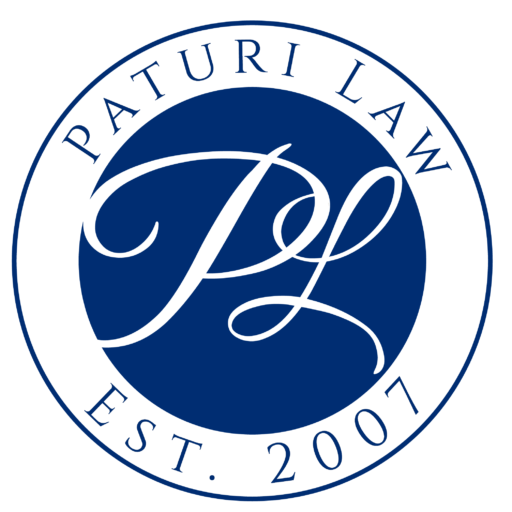Earlier today, the United States Citizenship and Immigration Services (USCIS) issued new regulations as it pertains to the filing and processing of the H-1B visas. The new rules will take effect beginning on April 1, 2019 (fiscal year 2020). The process of filing of the H-1B petition will not change for this year, but more substantive changes will take effect beginning for fiscal year 2020, and will be discussed in the following paragraphs.
For this year, the most relevant change to the regulations will be how the petitions are counted towards the CAP. The final rule adopted by USCIS reverses the order by which it selects H-1B petitions under the H-1B regular cap and the advanced degree exemption. Per USCIS, it will first select H-1B petitions submitted on behalf of all beneficiaries, including those that may be eligible for the advanced degree exemption. USCIS will then select from the remaining eligible petitions, a number projected to reach the advanced degree exemption.
According to USCIS, changing the order in which USCIS counts these allocations will likely increase the number of petitions for beneficiaries with a master’s or higher degree from a U.S. institution of higher education to be selected under the H-1B numerical allocations. Specifically, the change will result in an estimated increase of up to 16% (or 5,340 workers) in the number of selected petitions for H-1B beneficiaries with a master’s degree or higher from a U.S. institution of higher education.
USCIS was also supposed to implement an electronic registration requirement for this fiscal year beginning on April 1, but after receiving feedback from the public, has decided to suspend this requirement until the fiscal year 2020 cap season. Per USCIS, the electronic registration requirement will require petitioners seeking to file H-1B cap petitions, including those that may be eligible for the advanced degree exemption, to first electronically register with USCIS during a designated registration period. Only those whose registrations are selected will be eligible to file an H-1B cap-subject petition. USCIS expects that the electronic registration requirement, once implemented, will reduce overall costs for petitioners and create a more efficient and cost-effective H-1B cap petition process for USCIS and petitioners.
These rules implemented for this fiscal year will have minimal effect in the way petitions are filed, but employers need to be cognizant of the rules changes for the upcoming (Fiscal year 2021) year. USCIS will provide guidelines on the registration process, and once they come out, the Law Firm of Madhurima B. Paturi will provide information on the way the process will work, and what documents employers and beneficiaries will need to have in order to file the H-1B petition.
